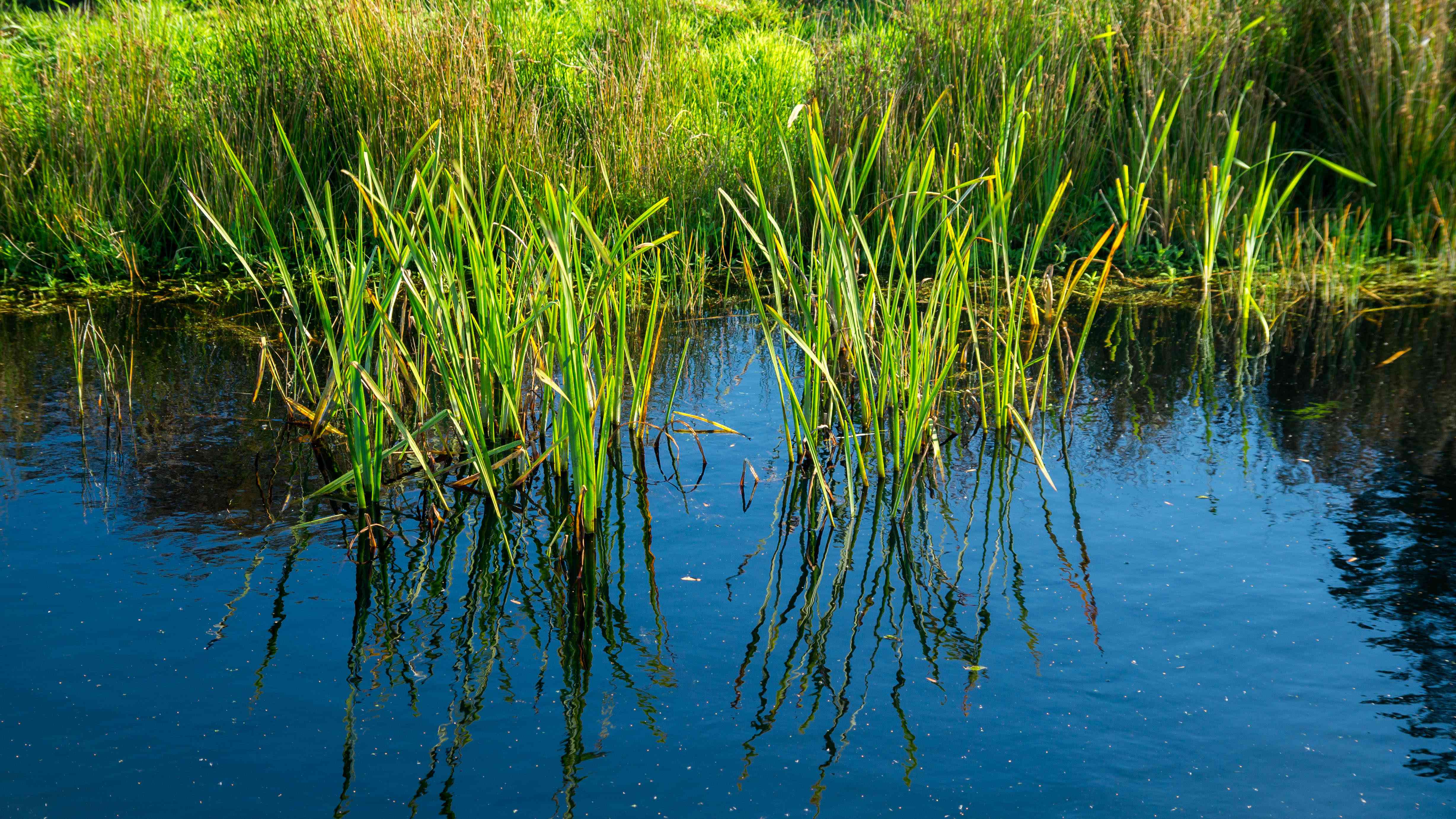
HARARE, July 2 (NewsDay Live) -Uzumba Maramba Pfungwe senator Jerry Gotora has called on Parliament to enact a law that will help deal with devastation of wetlands around the country.
Gotora said the move will prohibit any further alienation of public wetlands areas in private ownership.
Addressing parliamentarians at a review meeting in Harare recently after touring wetlands in both Harare and Bulawayo, Gotora pointed out that wetlands in urban areas were historically maintained as public lands, either as state land or land under the ownership of the local authority.
This has changed in recent years, with much of the wetlands subdivided and allocated to private ownership, through lease and sale agreements. Local authorities and the Environmental Management Agency have been hesitant to place restrictions on development on private lands, causing the loss of urban wetlands.
"I don’t know why parliament is dragging feet on this one, referring to wetlands," said Gotora.
The Zanu PF senator, who is particularly known for his work with the Hwange Painted Dog Project and Gonarezhou Conservation Trust, is a strong advocate for sustainable use and community-based conservation.
His community-based approach to natural resource management has been prized in promoting conservation and development in local communities.
Also, his involvement with the Community Association Management for Indigenous Resources (CAMPFIRE) project, made it win international acclaim for its best community-based natural resources management.
- Parliament urged to consider wetland expropriation
Keep Reading
Senior research and advisor to Parliament, Felix Chidavaenzi, echoed the same idea, and urged legislators to take advantage of the legislative agenda set for the 10th Parliament that has various Bills that speak to environmental protection including integrated water resources management, to review gaps in the current environmental laws.
"Overly, Parliament budget system should prioritize, and must clearly put up the wetlands issues on the agenda," said Chidavaenzi.
Environmentalists and conservationists have raised red flags at the state of wetlands in the country, contending that Zimbabwe has a vigorous framework for wetland conservation, including the Environmental Management Act and the 2022 National Wetlands Policy, but falls short of improving the protection, management and restoration of wetland ecosystems.
They also called for Parliament to develop policies to address issues to do with resettlement of residents from high-risk flood zones, provision of management guidelines for wetlands under private ownership, like compensation and financial incentives for wetland landowners to establish nature reserves, as well as providing alternative areas for displaced people, ensuring that wetland conservation is balanced with community needs.
"Industries polluting wetlands should be hold accountable through the establishment and enforcement of strict penalties for pollution, promoting sustainable practices and protecting these ecosystems." said Sylvester Chari of Zimbabwe Wetlands Trust's
legal and environmental expert Fiona LIiff, told parliamentarians of the need to domesticating the Ramsar Convention on Wetlands to enforce; the Conservation of Ramsar sites (wetlands of international importance) allow for the sustainable (“wise”) use of wetlands, establishing nature reserves on wetlands, promoting training in wetland research, and management, and seek International cooperation in wetlands management.
"There is need for stronger penalties for environmental infringements. This can be done by strengthening environmental justice mechanisms to overhaul civil penalties of a maximum of level 14, US$5 000 that are not effective deterrents and restoration orders that are not being enforced," said Lliff.
She added, " Authorities should build capacity and funding for ZRP and municipal police (environmental policing units) to respond effectively to environmental offences."










